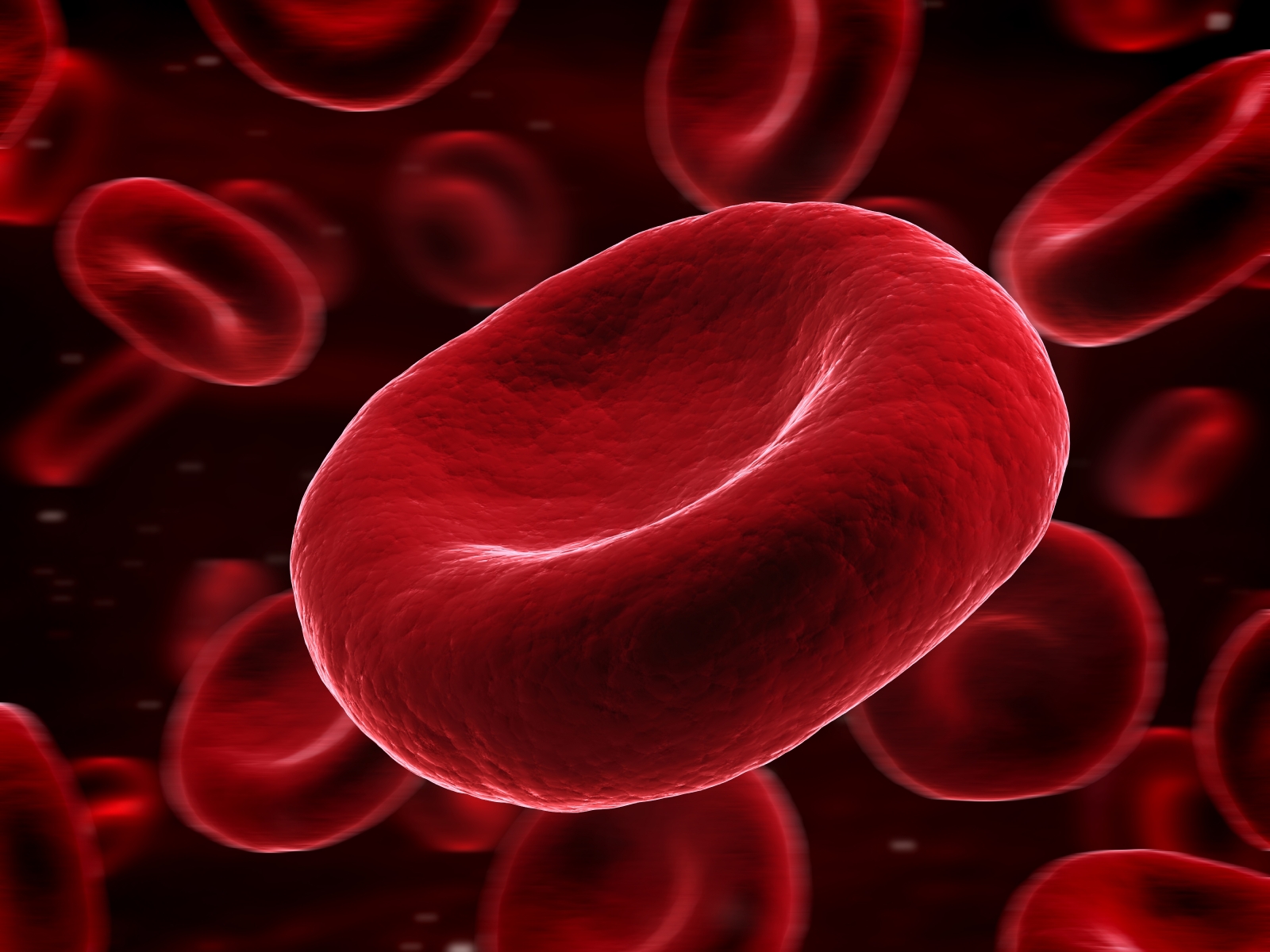Pfizer's antibody drug trial misses key survival target in ALL

Pfizer’s inotuzumab ozogamicin has produced better results in a pivotal phase 3 trial than chemotherapy in CD22-positive acute lymphoblastic leukaemia – an aggressive cancer for which there are few treatment options – but the trial missed an overall survival target, one of its key goals.
Results of the study, evaluating safety and efficacy of inotuzumab ozogamicin compared with investigator-choice chemotherapy showed improvement over chemotherapy on a number of measures including complete haematologic remission and progression-free survival.
But new data of the antibody-drug conjugate were presented at the Congress of the European Haematology Association meeting in Denmark showed the trial had missed the mark in terms of overall survival (OS).
The INO-VATE ALL trial in 326 adults, had two independent primary endpoints, complete response with or without haematologic remission and OS.
The drug met the first target, but the second primary endpoint showed a “strong trend” towards longer OS in the inotuzumab ozogamicin group, not reaching the level of statistical significance.
The two-year OS rate for inotuzumab ozogamicin was 23%, compared with chemotherapy at 10%.
Nevertheless Pfizer continued to talk up the prospects for the drug – Mace Rothenberg, chief development officer, Oncology, at Pfizer Global Product Development, said data added to a “growing body of evidence” to support use of inotuzumab ozogamicin in adults with relapsed or refractory ALL.
In 2013, Pfizer halted a phase 3 trial of the drug in non-Hodgkin lymphoma after independent monitors found it was unlikely to improve survival.
Pfizer noted that the drug had been granted "Breakthrough Designation" by the US Food and Drug Administration last year, adding it was "working closely" with regulators in Europe and US to make the drug available in ALL.












